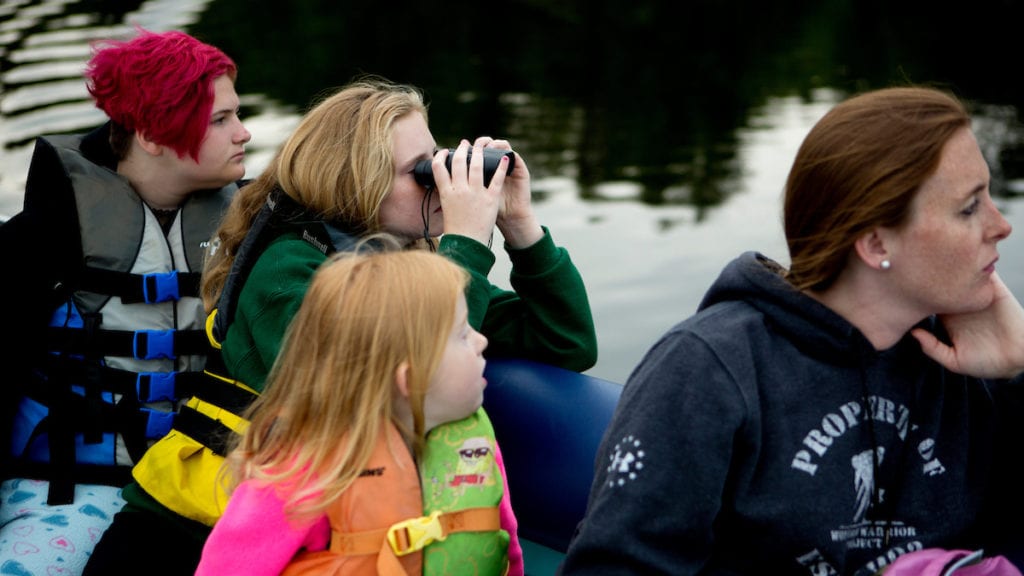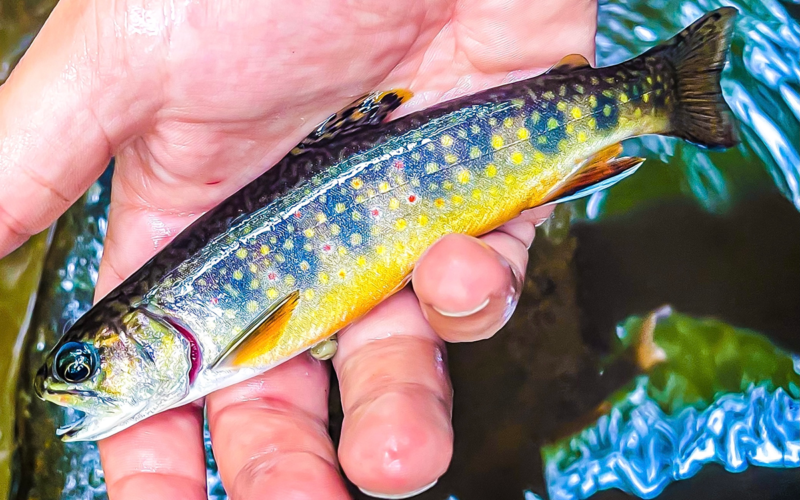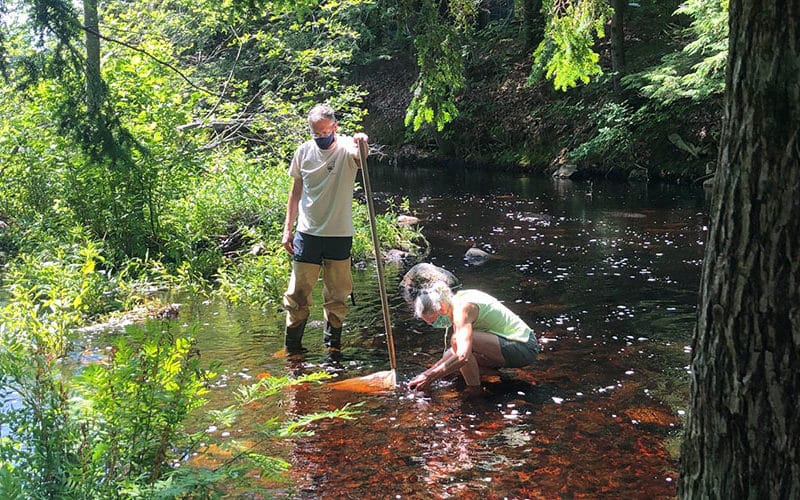
By helping collect critical data in support of wildlife conservation, Maine Audubon’s community scientists are important volunteer contributors to our conservation efforts.
Whether it’s counting Common Loons, searching for native Brook Trout, or tracking wildlife crossing Maine’s roads, there are lots of ways for you and your whole family to take action and lend a hand (or an eye, or an ear) for wildlife. Community science — alternately called citizen science, or community-based research — is about the value we can all contribute to our collective understanding of the world around us.
Contact us to learn more about how you can get involved with a Maine Audubon community science project that aligns with your interests.
If you’re looking for community science opportunities near you, SciStarter offers a dynamic, searchable listing of community science projects around the world. Take a look:
Additionally, Maine Audubon participates in a wide range of programs that are compiling incredible community science data for conservation. Here are a few you should explore:
eBird: This website (and app) is a real-time, online checklist program for recording birds. Launched in 2002 by the Cornell Lab of Ornithology and National Audubon Society, eBird is amassing one of the largest and fastest growing biodiversity data resources in existence.
Great Backyard Bird Count: Launched in 1998 by the Cornell Lab of Ornithology and National Audubon Society, the Great Backyard Bird Count was the first online citizen-science project to collect data on wild birds and to display results in near real-time.
iNaturalist: This tool serves as a web site and community for reporting observations of plant or animal species around the world. Special projects can be designed for any specific location, such as a school or local natural area.
Maine Forest Ecology Research Network (FERN): FERN (formerly called FIG) is a field based, exploratory program developed by Maine Project Learning Tree that connects students to Maine forests which span nearly 90% of our state.
Project FeederWatch: Project FeederWatch is a winter-long survey of birds that visit feeders at backyards, nature centers, community areas, and other locales in North America.
Signs of the Seasons: Using their backyards as laboratories, participants in the Signs of the Seasons program help scientists document the local effects of global climate change.


